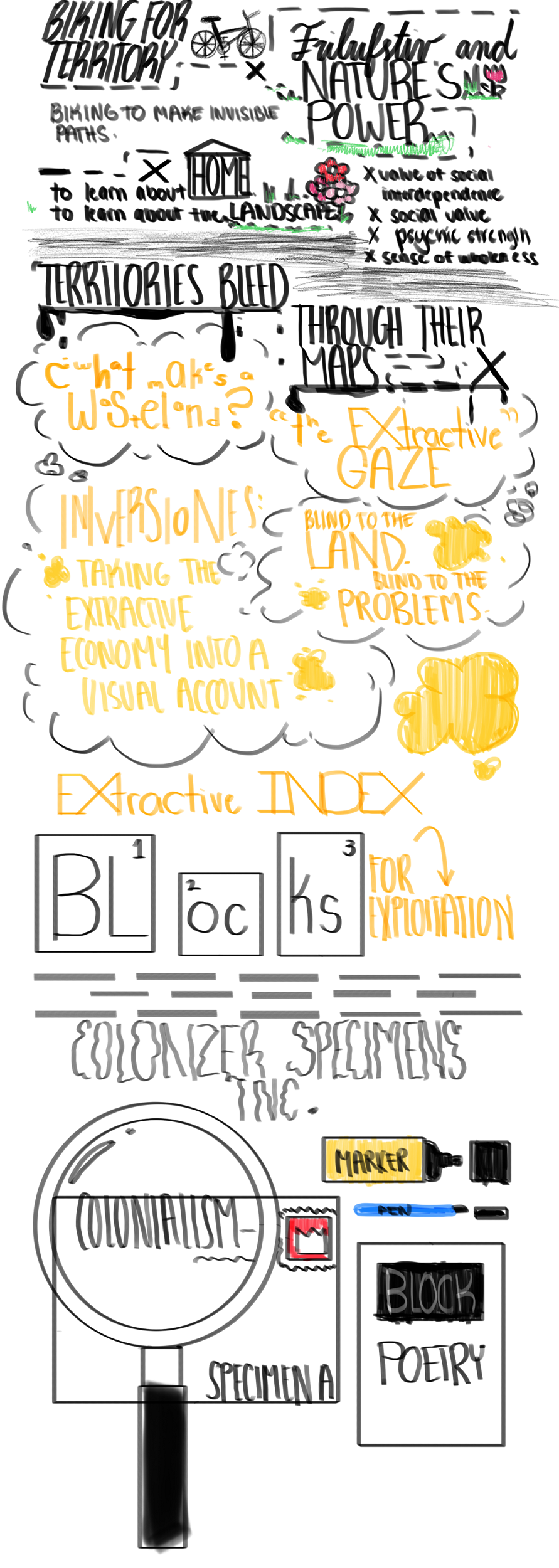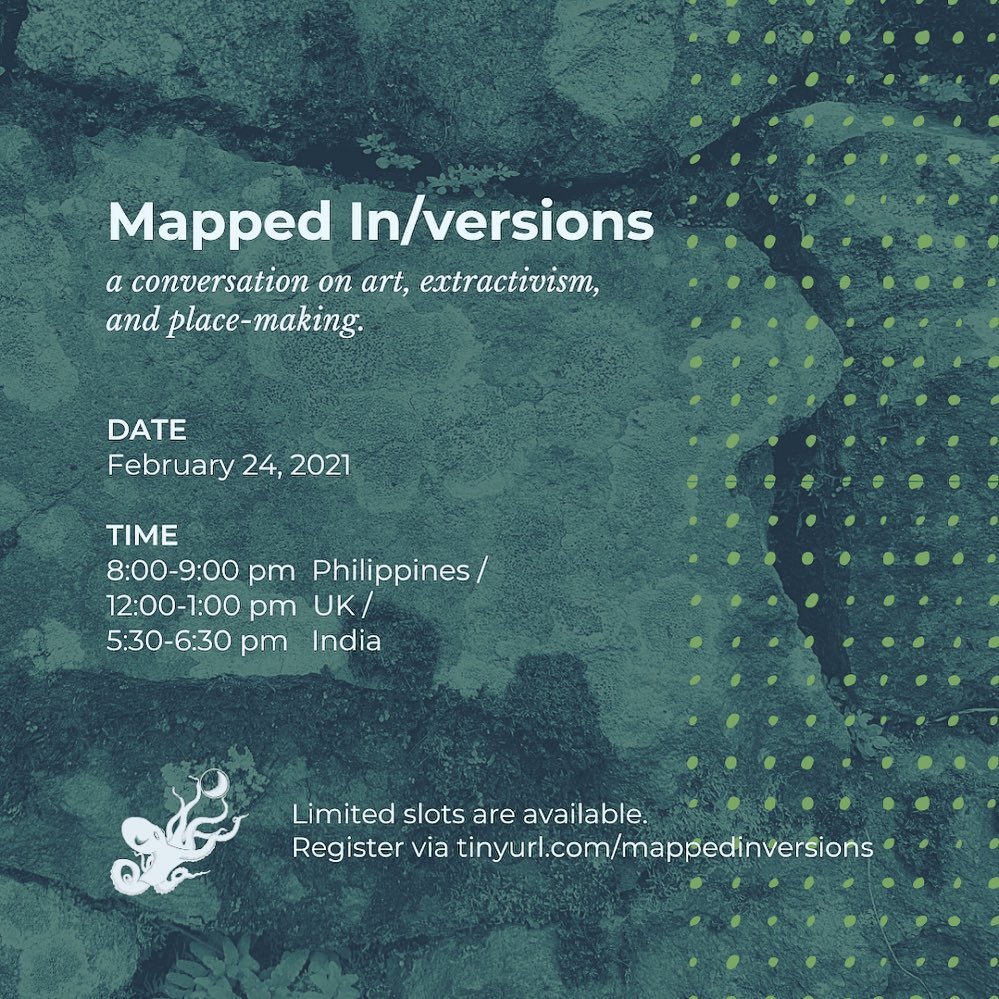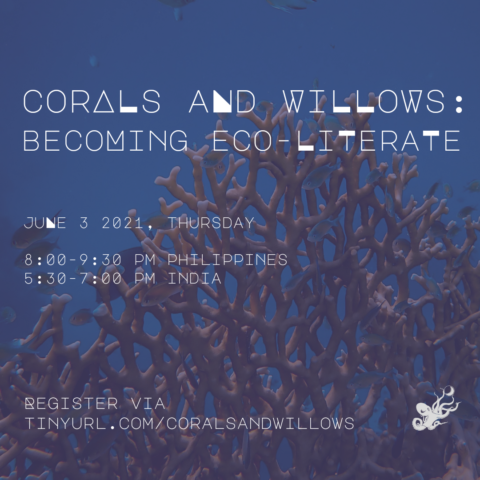Scroll down to watch the recording: An Agam Convergence with María Faciolince, Daniel Voskoboynik, Rocky Cajigan, Fara Manuel-Nolasco
What would happen if we in/verted the gaze of maps?
What if we turned the extractivist gaze onto our own homes?
How can art inspire us to reimagine and re-assemble the spaces/places we call home?
About the event
On February 24, Wednesday at 8:00-9:00pm Philippines time / 12:00-1:00pm UK time / 5:30-6:30pm India time, we held the first Agam Convergence event: an informal conversation in which we heard of three artistic engagements with colonial histories, extractivism, and the shaping of space/place in Vaca Muerta (Argentina), Cabo Delgado (Mozambique), Bontoc (Philippines), and Baguio (Philippines).
María Faciolince and Daniel Voskoboynik spoke about their creative piece titled “In/versiones 1:Territories bleed through their maps” (inversion is Spanish for “inversion” and “investment”). In/versiones is a collaborative visual-poetic account of the extractive economy, forming part of the research project “Fossil Gas Supply Chains” by the Gastivists Network.
Rocky Cajigan spoke about his installations “Epidermis” and “Laboratory for Colonial Specimen, etc.”, which invite the interrogation of colonialism, dispossession, and change in indigenous territories, particularly in the Philippine Cordillera.
Fara Manuel-Nolasco spoke about how mountain biking in Baguio City is a practice and way of life that is also a form of place-making and re-territorialization.
Maria, Daniel, Rocky, and Fara showed images of their work and shared with us their thought process and creative exploration of the links between colonialism, extractivism, climate change, and injustice.
Other questions this informal session touched on:
- Why is it necessary to talk about justice, neocolonialism, and extractivism when it comes to climate change?
- What if we applied the same inversions to our own cities and geographies?
- How can we begin to hack the extractivism of centers of power in our own locales?
- What can we learn from each other as people and communities with shared traumas and histories?



